Intuitive thinking refers to our natural ability to perceive or know things instinctively without relying on any logic or conscious reasoning. It is a feeling that is not reliant on any evidence or proof.
A mystery to science and society, intuition is just as fascinating as it is complex. Along with all the rational and logical evolution that the human brain has gone through, there lives a tiny part of our conscience that is unexplained yet fruitful. This mysterious insight is called intuitive thinking.
Intuitive thinking is present in our thoughts and reasoning, along with all the logic and rationality, with or without us knowing. It affects our decision-making in the sense that it sometimes even goes against our rationality and analysis. And to our amazement, more often than not, our intuitive thinking does strike gold and fetch results.
The way it makes sense of our reality, somewhere between emotions and rationality, is what makes intuitive thinking such a mystery to behold.
Read Intuition – What it is and Can You Trust it?
What is Intuition?
By definition, intuition is the ability to acquire knowledge without the need for conscious logic and reasoning. The very lack of reasoning being involved in its correct functionality makes the entire process very layered and deep. The subconscious brain attempts to recognize, process, and use patterns of thinking based on prior experience and the best guess.
Intuitive thinking and decision-making are based on our past experiences and, therefore, are repeatedly successful in similar situations, where previous outcomes and learning were useful and accurate. And the role of intuition appears to be no different in our everyday thought processes than in more crucial decisions.
Research at the University of South Wales confirmed that intuition significantly benefits decision-making while adding that nonconscious information can increase decision accuracy, speed, and confidence (Lufityanto, Donkin, & Pearson, 2016).
Read What Level Of Intuition Do You Have? Quiz
The Science Behind Intuitive Thinking
Intuition is something that is correlated to our emotions and as a result, is hard to immaculately study and process in a set of patterns. It happens on a speculative basis and hence, has raised a lot of questions regarding its mechanism and explanation. Because just like everything else, something as mysterious as intuitive thinking must also have a definition and explanation behind it.
Laboratory of Brain Evolution and Behaviour, a part of the National Institute of Mental Health in the United States of America, has taken this issue under the directorship of Paul MacLean.
According to their research, intuitive thinking originates in the neocortex. This is a special part of the brain that has elements of both the right and left hemispheres of the cerebrum. Intuitive thinking happens in a region of our brain close to the pineal gland. In other words, it lines up with the middle of your forehead, between your eyebrows.
Although they’re not sure exactly how it works still, they think it has something to do with instantly processing knowledge, experiences, and the signs around you. The end result of that processing is a correct interpretation of reality, that is, intuition playing its part. In layman’s terms, the very hunch that we feel in our ‘gut’.
Read 8 Tips To Strengthen The Voice Of Your Intuition
The 4 Types of Intuitive Thinking
As per studies, there are 4 types of intuitive thinking that can be identified in human nature. Each of them is significant and distinguished in their own unique way but are very much present in any given scenario. They are:-
1. Emotional Intuitive Thinking
Emotional Intuition has to do with the ability to immediately pick up on other people’s personality traits or emotional states. You can see who they are, or how they are, without them having to say anything. This is a subconscious way of reading and seeing through personalities and intentions.
Read 9 Ways To Trust Your Intuition To Make Big Decisions
2. Mental Intuitive Thinking
Mental Intuition is about finding an immediate answer to a problem, without analyzing it or giving it any rational reasoning. It’s very common in people with jobs that require quick decisions, like firefighters or bomb technicians, where an instant decision can make or break a situation.
3. Psychic Intuitive Thinking
This type of intuitive thinking means having the ability to overcome any personal difficulty or a state of personal crisis, without putting much mental effort into it. This is a form of self-care that copes and defends our own minds from negative impacts and influences.
Read How To Use Your Intuition To Find Your Soulmate
4. Spiritual Intuitive Thinking
Spiritual Intuition has to do with states of ‘enlightenment’, ‘revelations’ and ‘illumination’. They’re more of an experience than a fact. It sheds light on the exposure and connection to higher awareness and power which has its own explanations and set of perceptions.
An astute example of that can be the facets of Buddhism and how it channels this very thinking into the organism of the religion. It talks about this kind of intuition more than anyone else, which has given it a mystical quality.
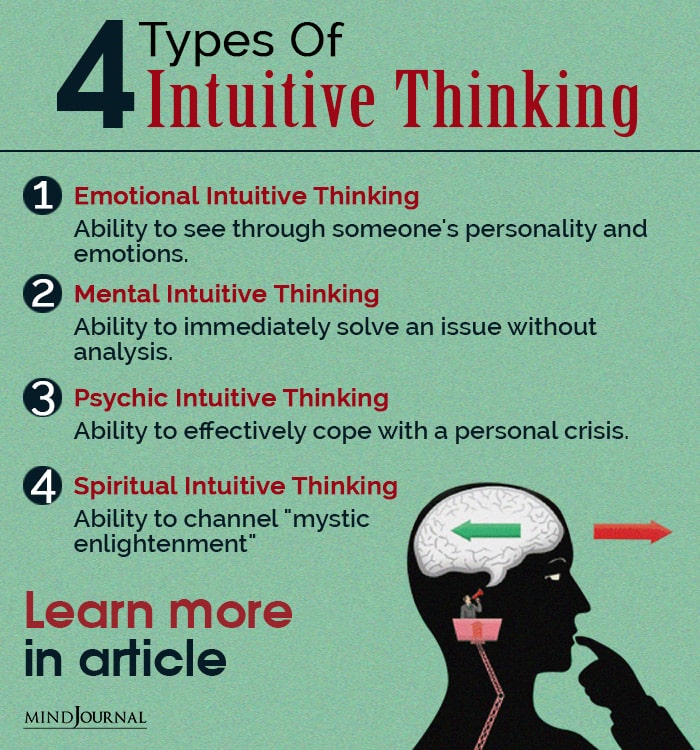
The very concept of Intuition and its thinking has always been and still is, a mysterious one. Even after scientific interventions and explanations ( to an extent), there’s a vast majority left which is still unexplained, as to how a phenomenon so speculative and random is so much correct and more often than not even goes on to make sense, irrespective of age, maturity or mental state.
Probably, the mystery will unfold with time and the answers we get will baffle us even more than intuition as a process itself.
Read The 3 Zodiac Signs Which Have The Strongest Intuition Of All

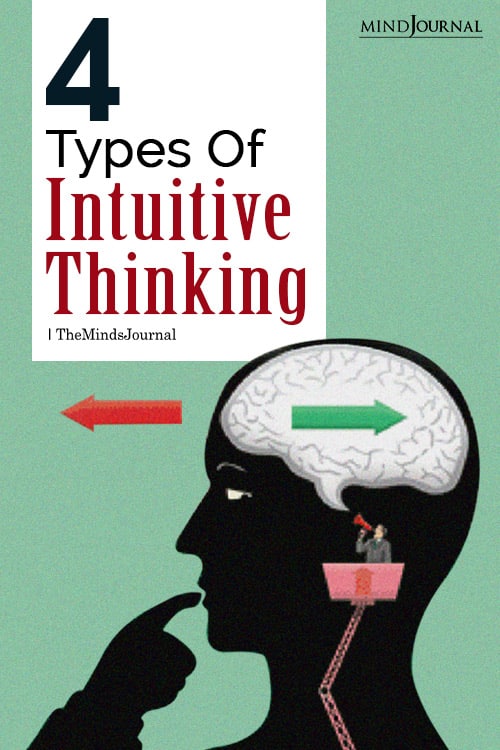
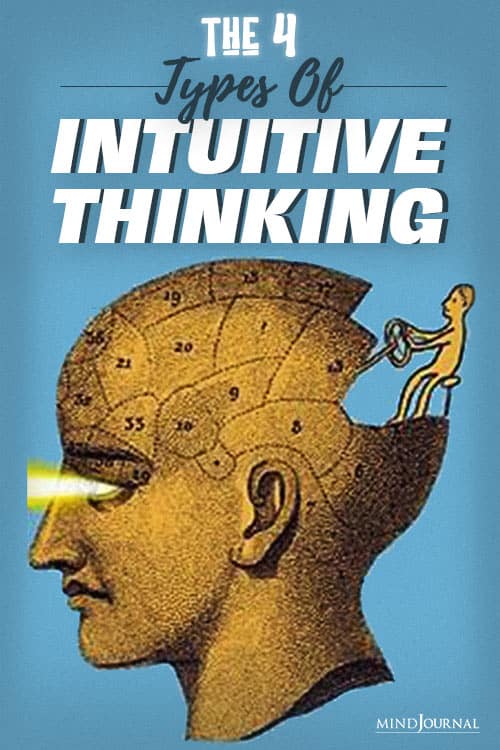

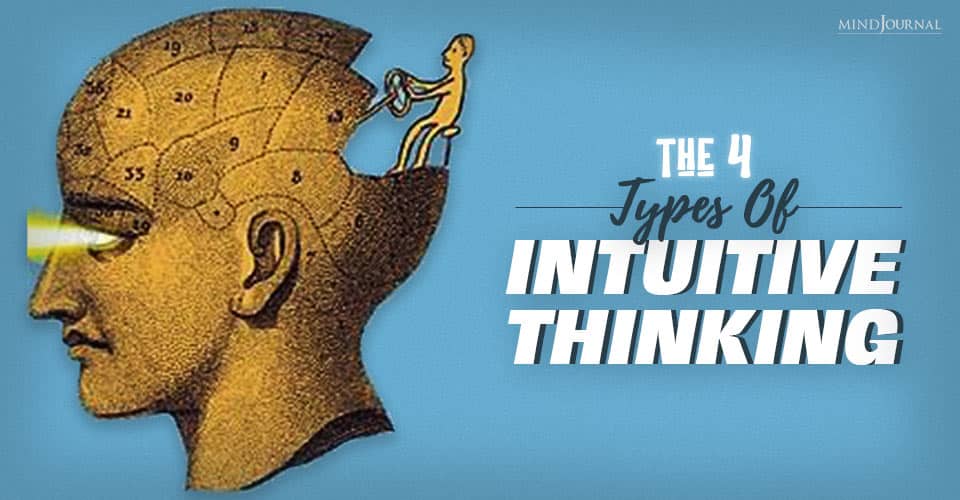


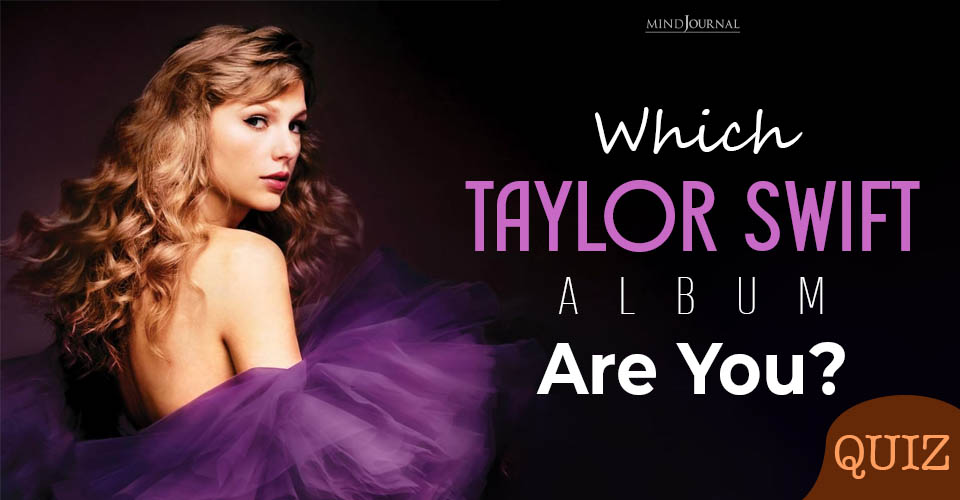

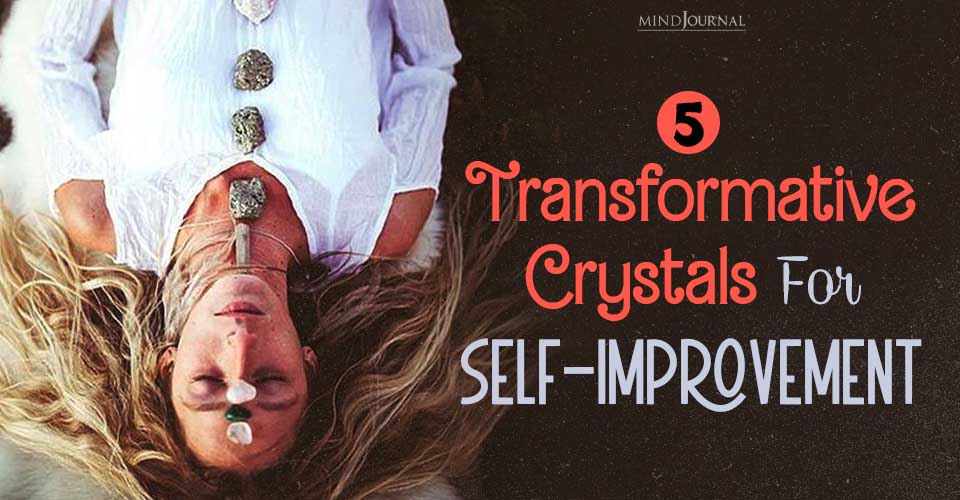
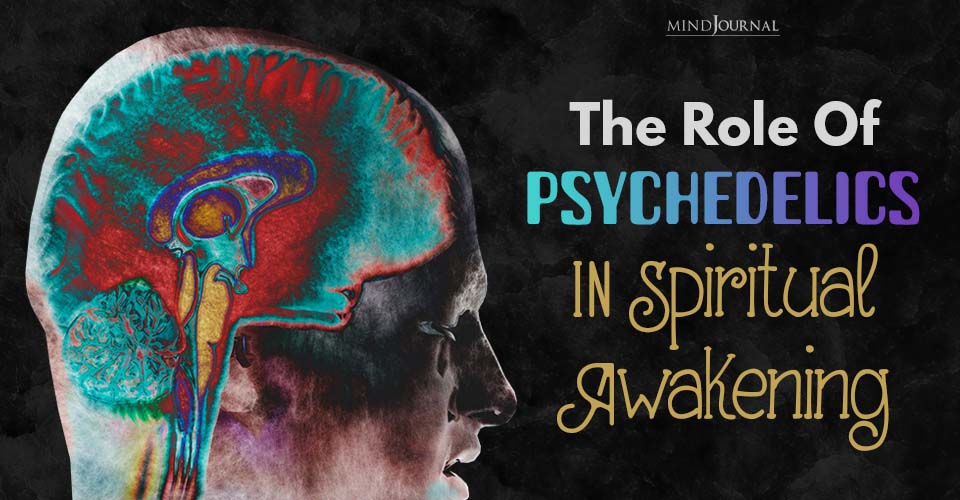

Leave a Reply